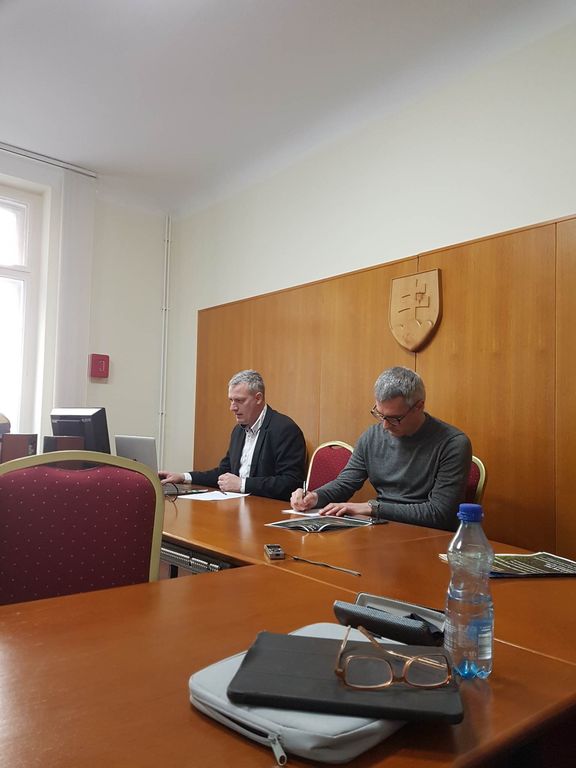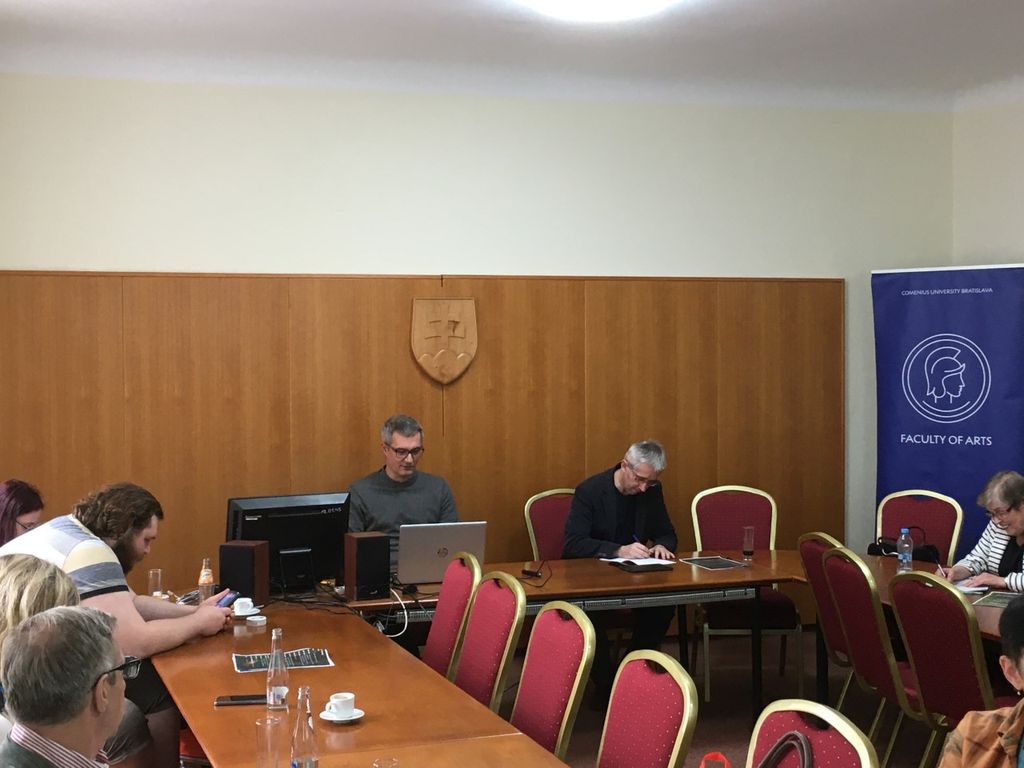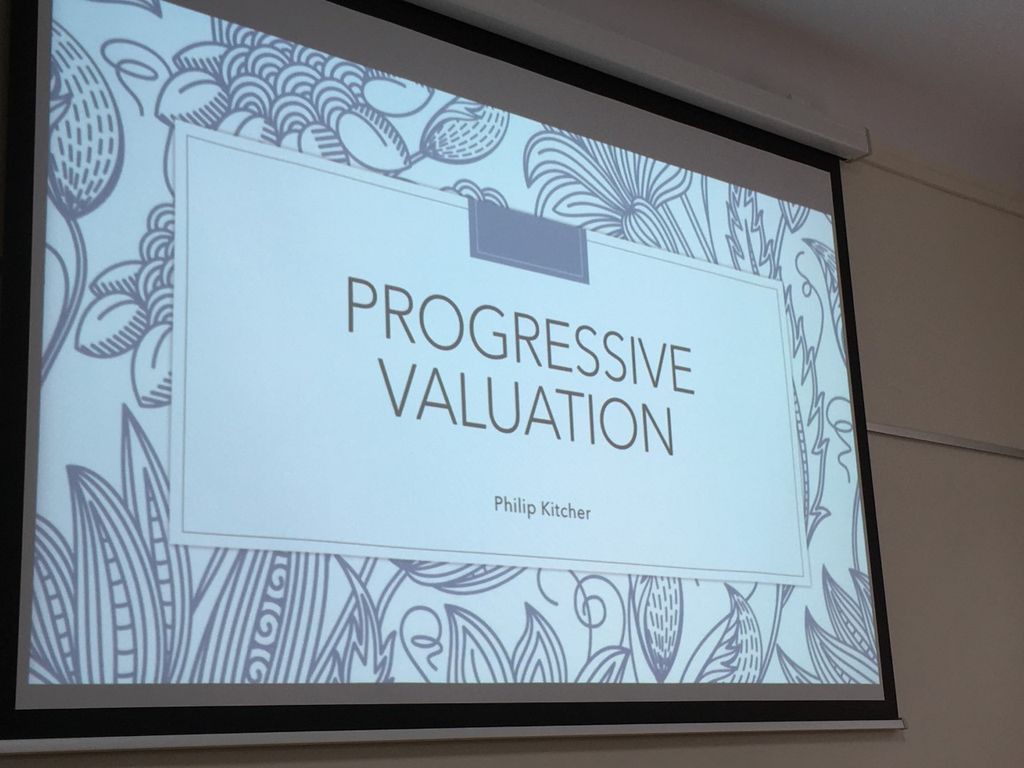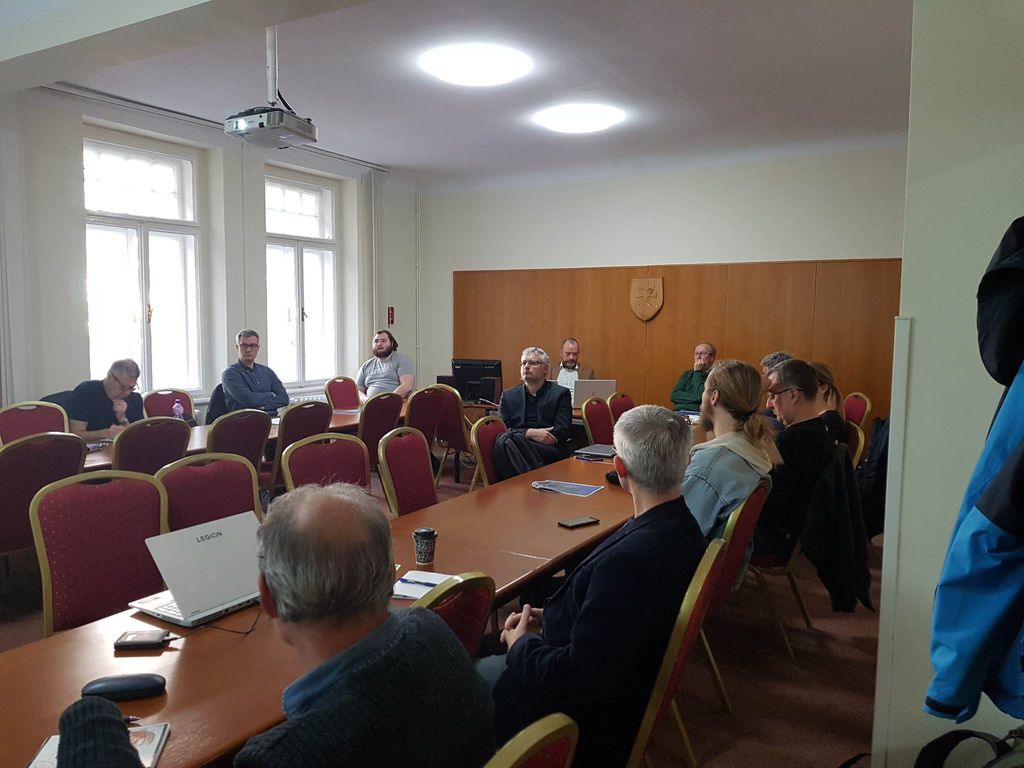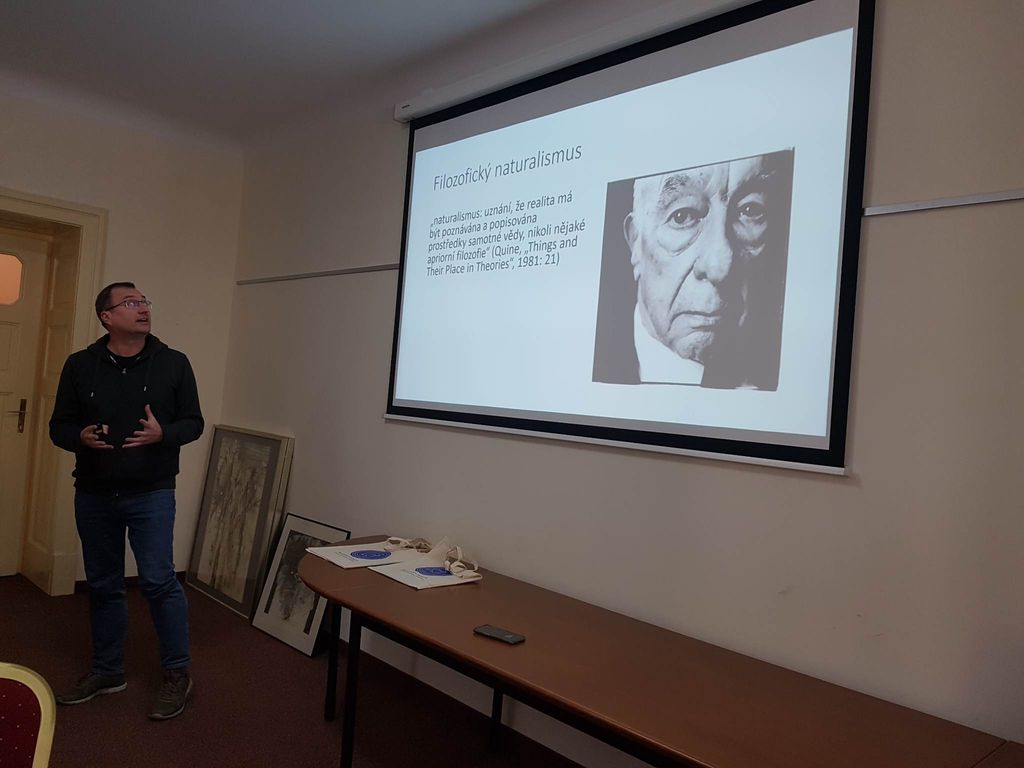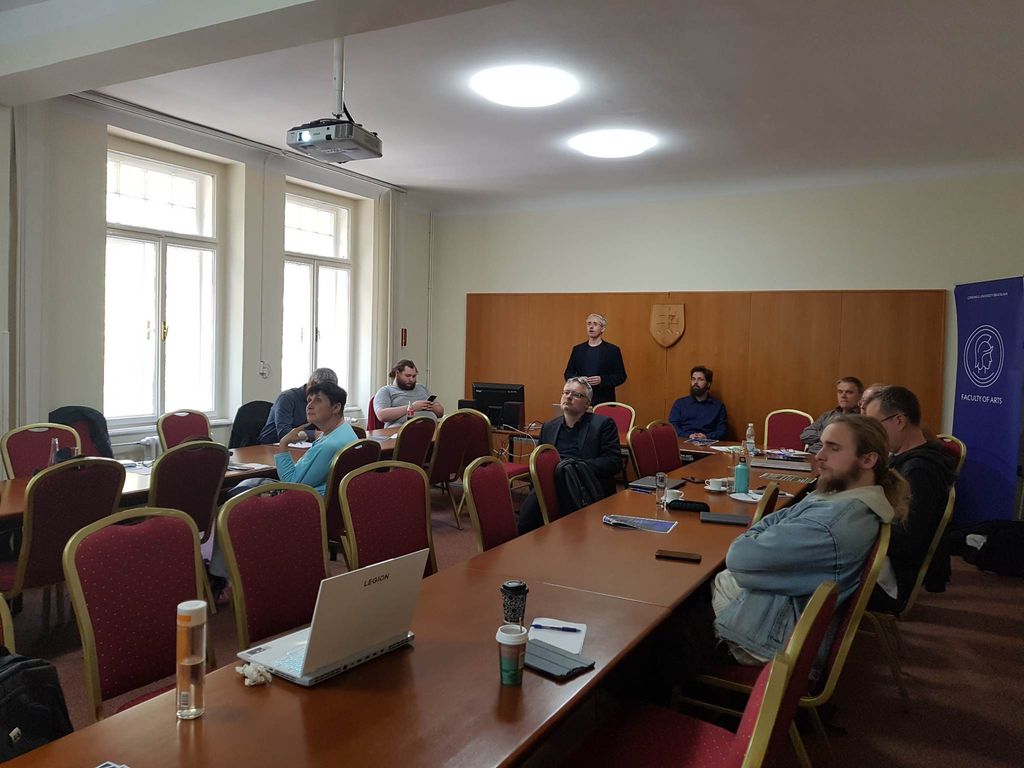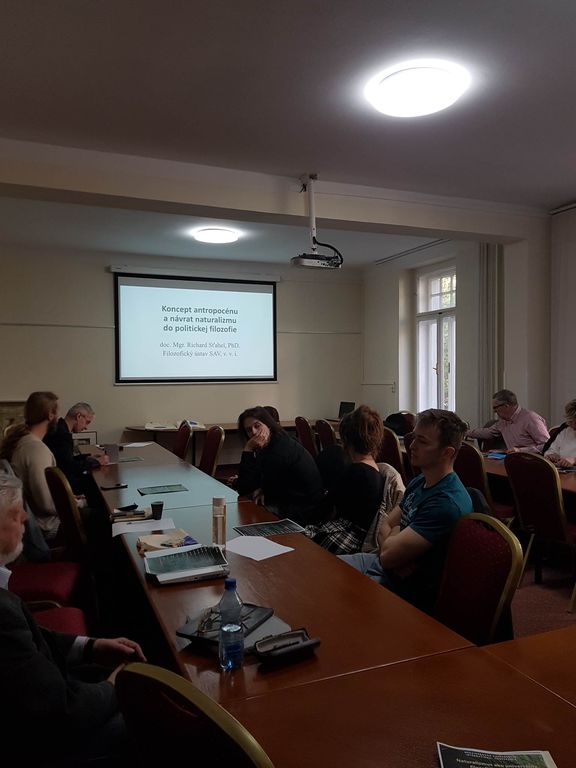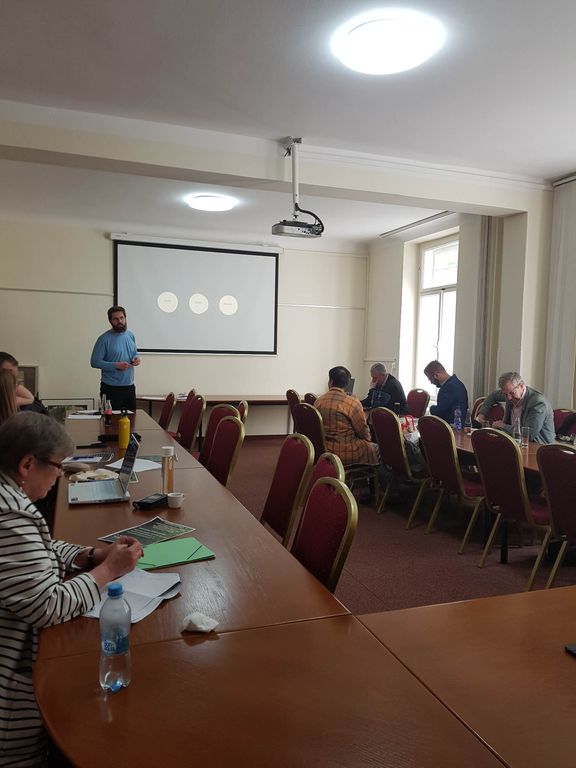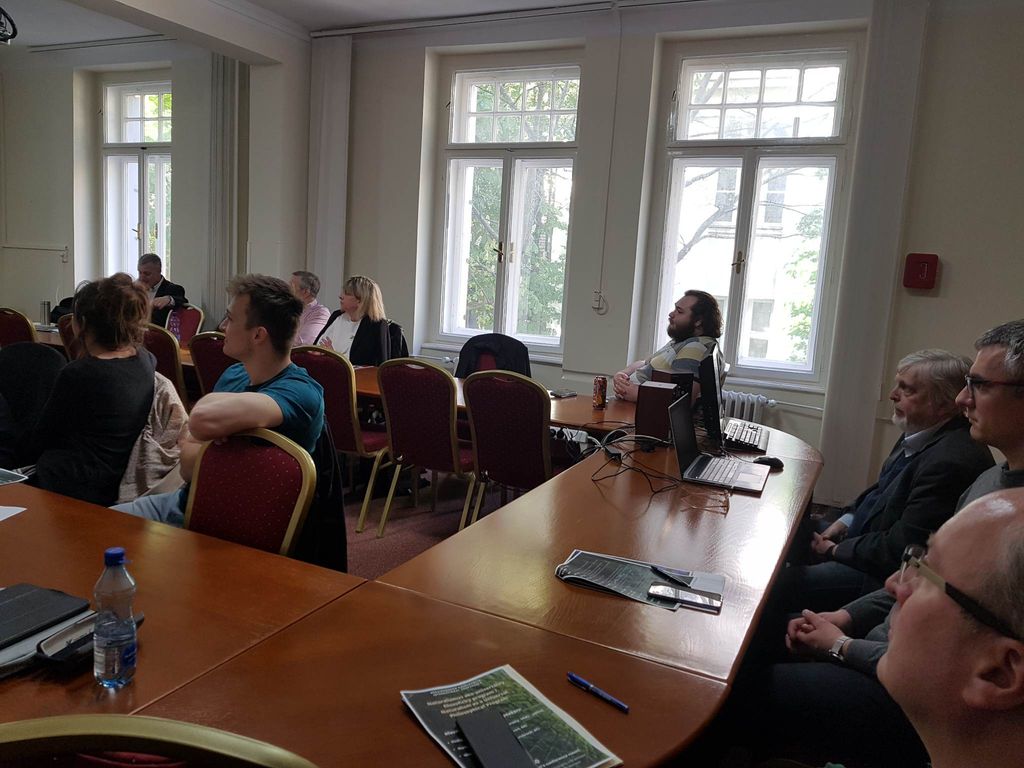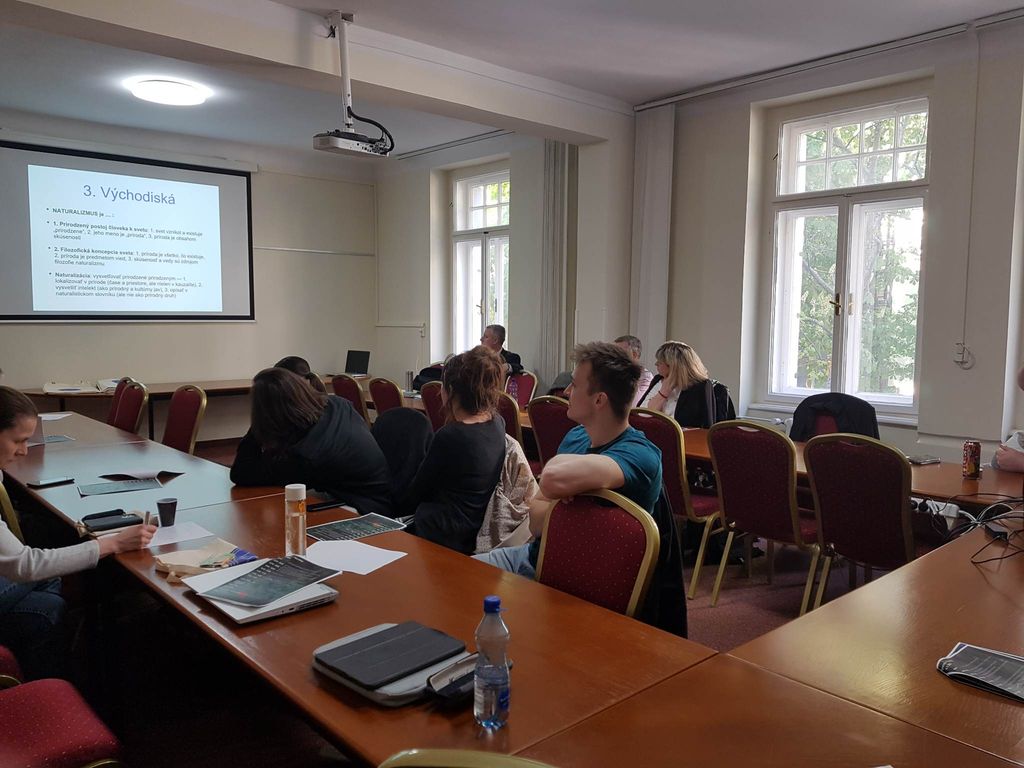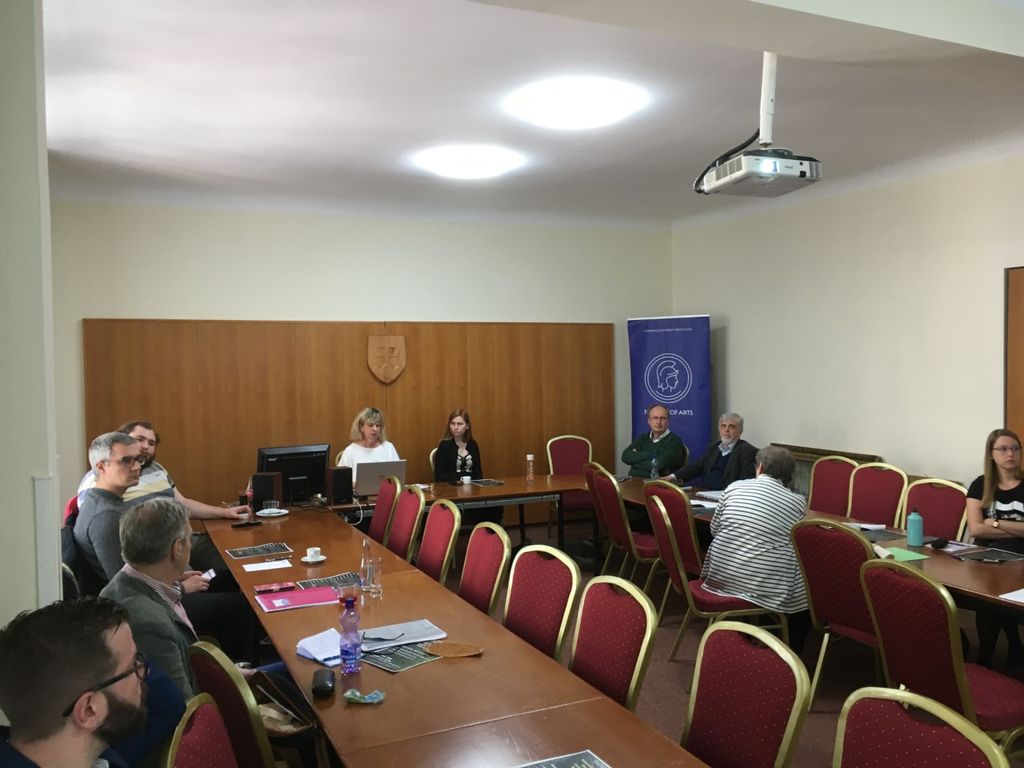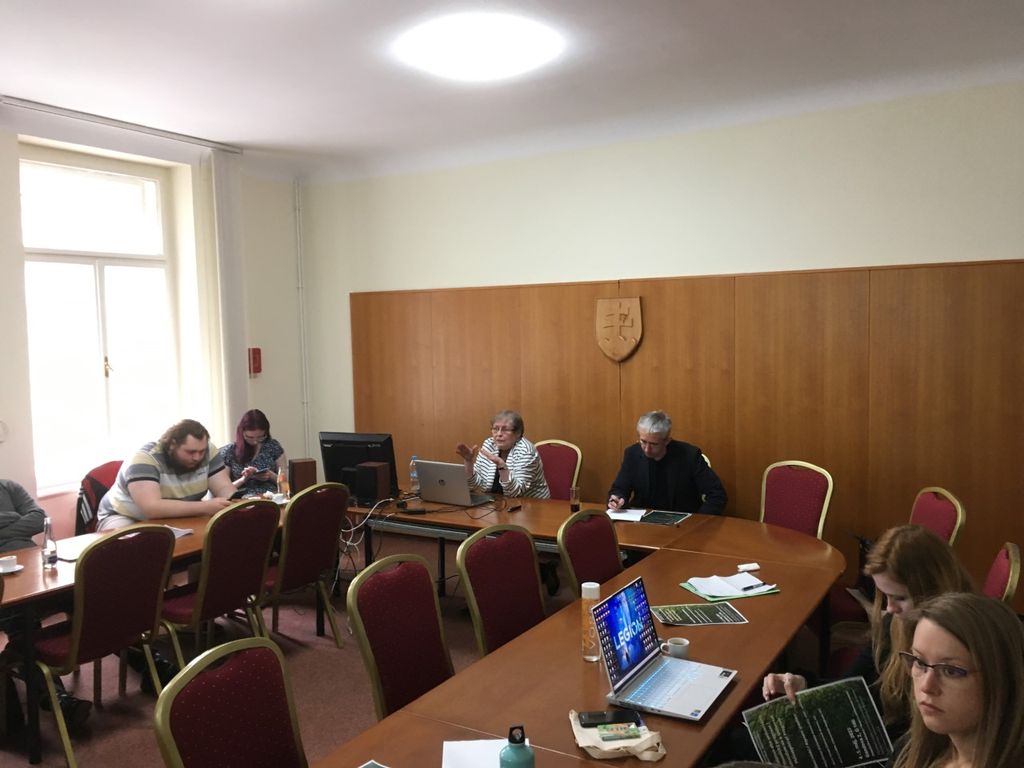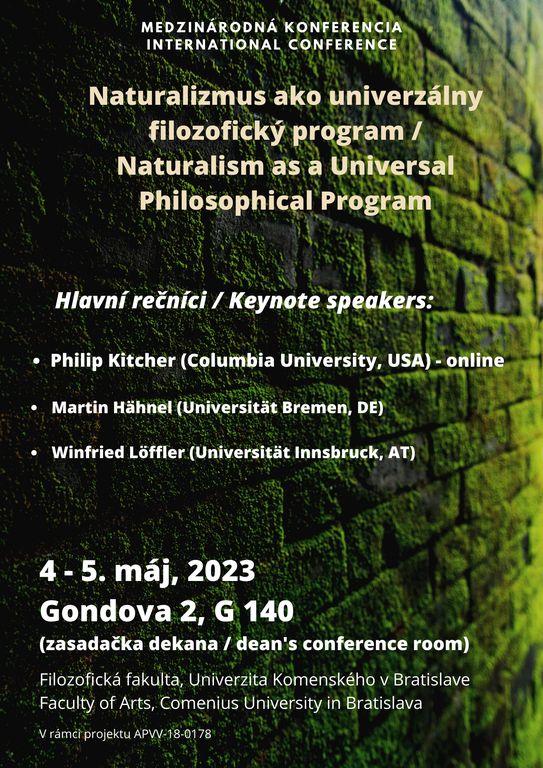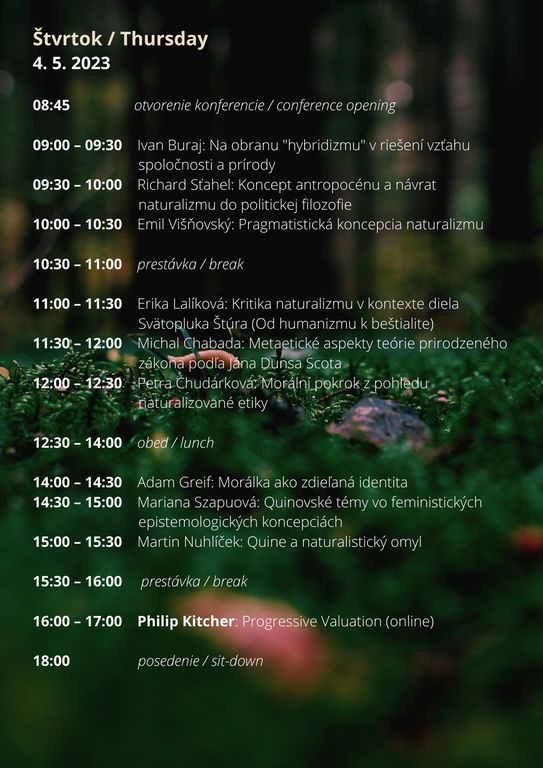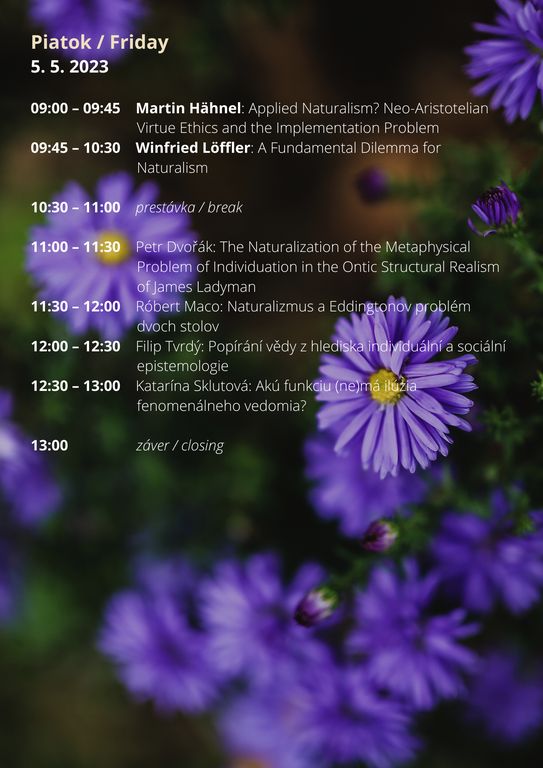The International Conference titled "Naturalism as a universal philosophical program" took place on May 4-5, 2023 at the Faculty of Philosophy of Comenius University within the homonymous APVV project, in which members of the Department of Philosophy and History of Philosophy are involved. As was emphasized by the project leader Michal Chabada in his opening speech, the event was the culmination and summary of a five-year work on the topic of philosophical naturalism. The character of the final conference was reflected in the individual presentations of the members of the research team and in the subsequent discussions, which referred to and built upon the results of the previous work.
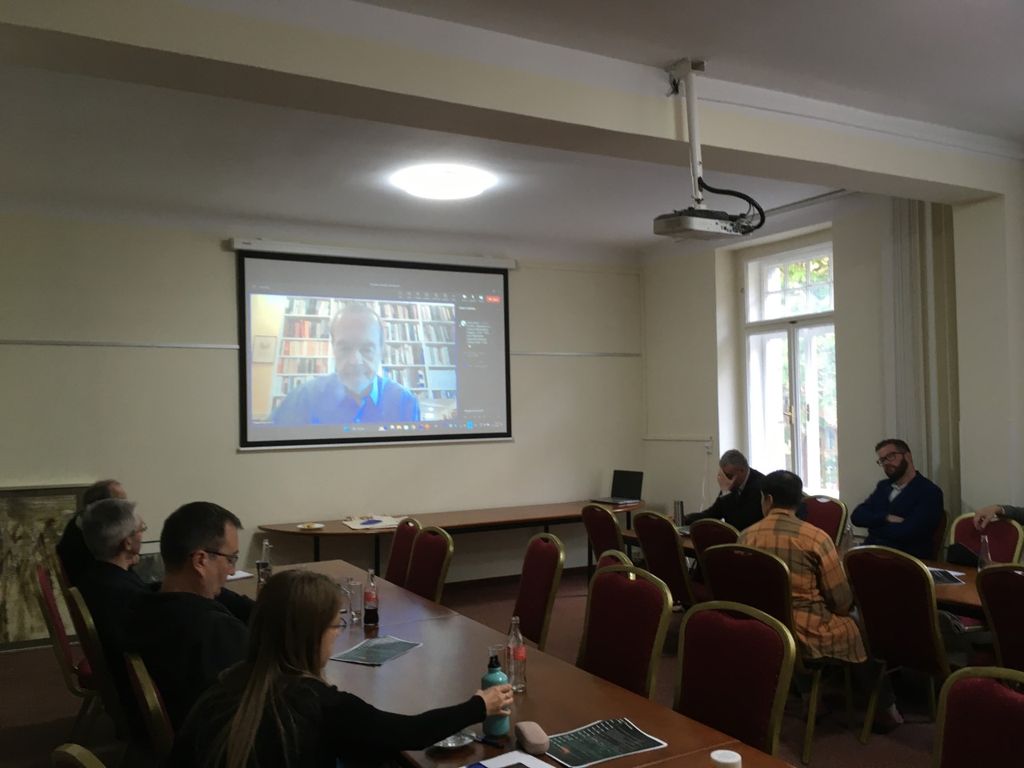
The main speakers of the conference were invited guests from several foreign universities: Philip Kitcher from Columbia University in the USA (via online connection), Martin Hähnel from the University of Bremen, and Winfried Löffler from the University of Innsbruck. The most attention and deservedly the most extensive discussion was devoted to Philip Kitcher's lecture. The central theme of his contribution was the problem of progress in morality and ethics, which he addressed against the background of his pragmatically oriented naturalistic philosophy. P. Kitcher convincingly defended and explained the possibility of progress not only in the field of science but also in the moral sphere, based on the distinction between two types of progress: teleological and pragmatic, where the latter means not approaching a pre-established distant goal, but rather overcoming problems associated with the current situation. In the subsequent discussion, P. Kitcher very willingly and in detail answered several additional questions, including an interesting clarification of the connections between his earlier work in the field of the philosophy of mathematics and biological sciences and his current inclination towards topics in moral and social philosophy.
In his lecture, Martin Hähnel also addressed problems from practical philosophy, but this time from the perspective of Aristotelian naturalism, which argues for the possibility of deriving some normative statements from statements about relevant forms of life, ultimately leading to (for many controversial) appeals to human nature. M. Hähnel defended the thesis that science itself is not capable of answering the question of human nature, so philosophy still has the task of finding (or at least seeking) unity of reason and nature, if we want to avoid returning to Kantina ethical formalism or utilitarism.
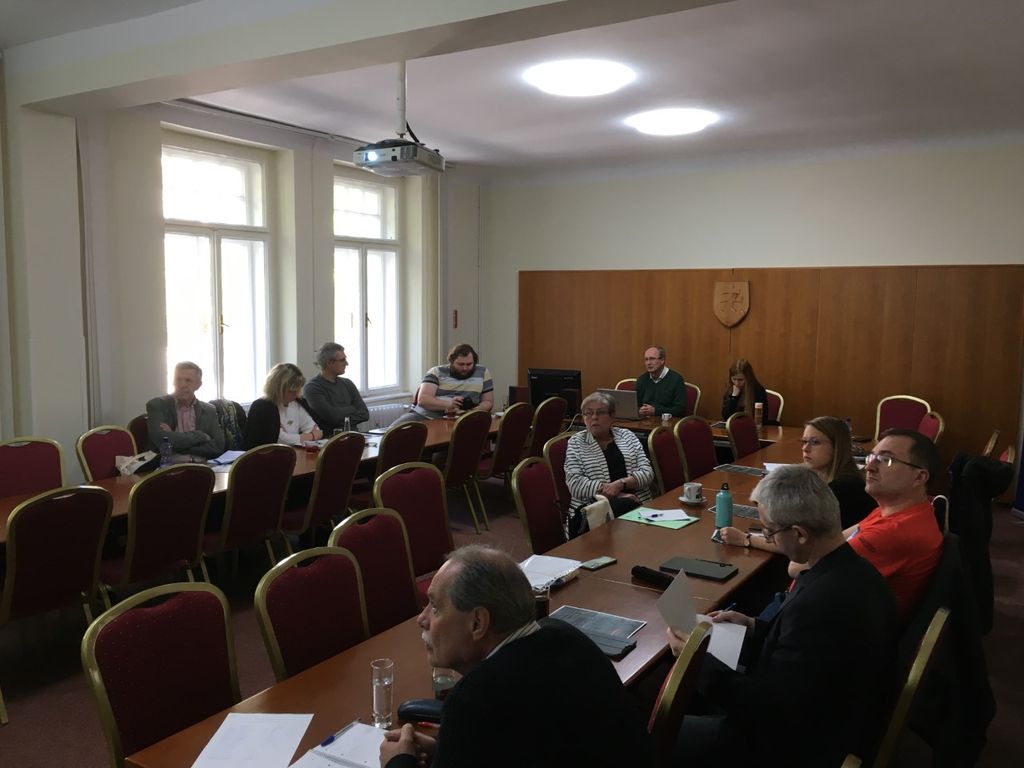
Winfried Löffler succeeded in capturing the audience's attention with his presentation, in which he critically responded to the (ontological) naturalism position by attempting to prove that the naturalist is faced with a dilemma of either adopting a position that is demonstrably untrue or philosophically uninteresting. According to Löffler, the existence of true beliefs that are not reducible to the scientific realm demonstrates that reductive naturalism is false, while naturalism formulated in a more liberal manner tends to become a trivial position and therefore loses its interest.
The conference was significantly enriched by the speeches of three Czech philosophers: Petr Dvořák (University of Ostrava), Petra Chudárková (University of Hradec Králové), and Filip Tvrdý (Comenius University). In his lecture, P. Dvořák presented a naturalistic solution to the problem of individuation from the perspective of James Ladyman's ontic structural realism. Petra Chudárková emphasized the need to connect ethics as a philosophical discipline with empirical scientific research in the form of naturalized ethics, and from this perspective, she also addressed the problem of moral progress. F. Tvrdý dealt with the highly topical problem of "science denial" and presented a classification of types of epistemic deficits at both the individual and societal levels that lead to such denial.
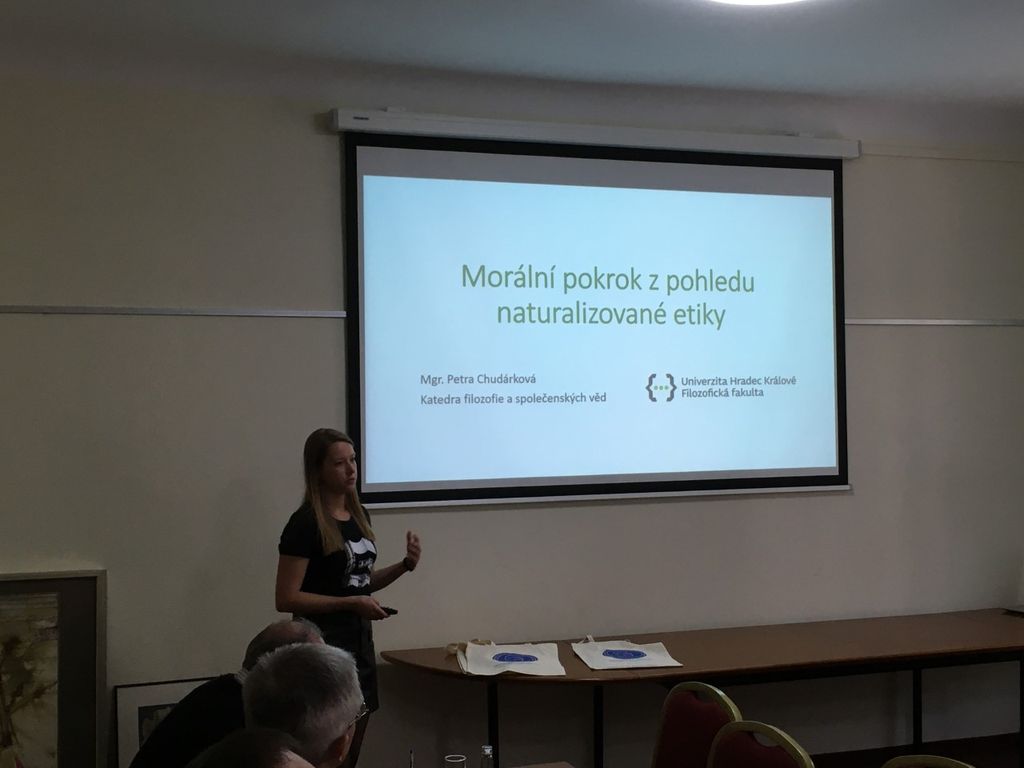
The contributions of the other participants of the conference can be roughly divided into four thematic areas: 1. the relationship between nature and humanity, or nature and society, 2. naturalism in (meta)ethics and the social and moral consequences of accepting a naturalistic worldview, 3. various aspects and persistent influences of Quine's concept of naturalized epistemology, 4. reductive and non-reductive naturalism and its application in the study of consciousness.
Ivan Buraj presented Latour's concept of "hybridism" as a proposal for solving the problem of the relationship between nature and society and defended it against its critics. Richard Sťahel pointed out the necessary consequences and changes that will occur in the near future in the basic principles of political philosophy through the concept of the Anthropocene.
Adam Greif attempted to explain morality as a shared identity using the assumption of the existence of an extended self, which is capable of identifying with any person or thing, in his lecture. Michal Chabada presented the concept of natural law by Duns Scotus and showed its interesting aspects in the context of contemporary metaethics. Erika Lalíková's contribution was devoted to the important representative from the history of Slovak philosophy, Svätopluk Štúr, and his critique of the moral and social consequences of naturalistic philosophy. Mariana Szapuová identified Quinean elements in contemporary feminist epistemology, while Martin Nuhlíček examined Quine's naturalized epistemology in relation to the tension between its descriptive and normative aspects.
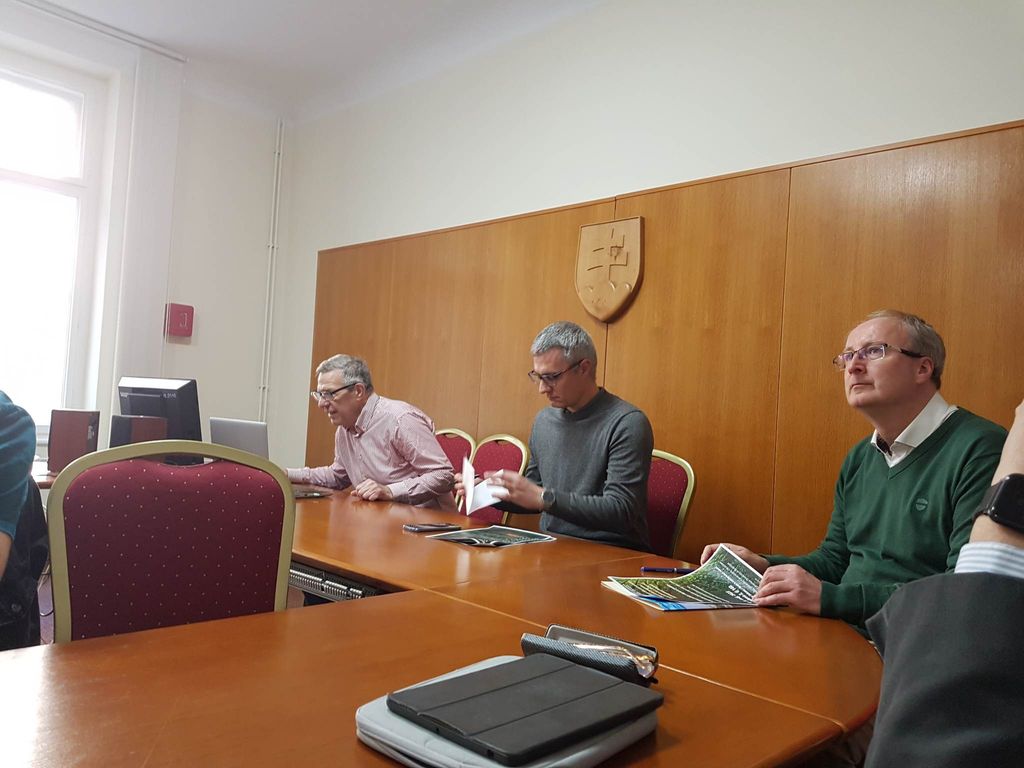
In his presentation, Emil Višňovský offered a historical overview of various forms of naturalism in American philosophy from the second half of the 19th century to the present, while also defending a version of non-reductive naturalism. Róbert Maco presented one possible naturalistic view on the relationship between the "natural world" and the scientific (physical) image of the world. Katarína Sklutová examined the possibilities of explaining phenomenal consciousness from the perspective of Frankish's illusionism as one of the naturalistic approaches in philosophy of mind.
I would like conclude with two remarks. There were several unplanned content and thematic overlaps between some of the contributions during the conference, and it was interesting to observe how different speakers approached the same topics (such as the theme of moral progress, the relationship between the scientific image of the world and common sense) from more or less different starting points. Secondly, it was confirmed that the vitality of conference debates is invaluable when advocates of diametrically opposed philosophical positions are present - in this case, different types of naturalism as well as the contrast between resolute critics of naturalism and equally determined supporters of this "universal philosophical program."

